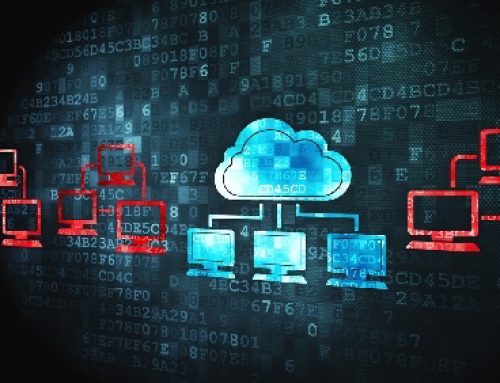From a high-level view, the ideas of business intelligence and analytics seem remarkably similar. In many scenarios, the two are used almost interchangeably, adding to an already-cluttered set of modern business terminology. But for companies that rely on call center operations as a core point of value, it’s crucial that managers understand the differences – and master the interconnected nature – of these distinct elements. Here’s how call center managers can combine the forces of business intelligence and analytics for the best possible results.
Past, present and future
Many experts feel that business intelligence and analytics differ in their relation to time. For example, DataFloq CEO Mark Van Rijmenam stated in an article for BetterBuys that intelligence researches and examines the past, while analytics projects an image of the future. While both tool sets are used in the present to gain insights, the timelines and purposes of the results vary depending on the goals of the department and the priorities of the organization at large.
“This is a very important distinction as both will provide you with different, not less, insights,” van Rijmenam told the new provider, which sought to define the terms more clearly. “BI is important to improve your decision-making based on past results, while business analytics will help you move forward and understand what might be going to happen.”
Business intelligence and analytics are crucial for any business in search of operational improvement: Both assets are necessary to get a 360-degree view of the organization and its trajectory. Business intelligence tools, such as a call recording software, provide managers with reports and insight of former procedures. The analytics are the well-defined metrics used to measure agent performance and the effectiveness of various strategies. By combining the forces of these two elements in a cohesive and complementary way, call center leaders can test and measure initiatives for the best possible results.
Call center optimization
In a fast-paced environment such as the modern call center, the best business intelligence and analytics strategies will start with a reliable set of software that will support both efforts simultaneously. On the business intelligence side, real-time data is key, especially in the form of call recording. As Pat Roche, vice president of engineering at Magnitude Software, told BetterBuys, such features must be “enabling individuals to most effectively perform their job functions.”
For the analytics side of the equation, a more future-focused software is needed, such as call accounting. This type of tool is used to provide managers with the insights necessary to structure workflows in the call center, assign representatives in accordance with their strengths and target specific areas of improvement for a better operation overall. As Roche explained, analytics should focus on “technologies and techniques to identify trends and understand the information that can drive business change.”
Every business will have its own idea of what intelligence and analytics mean, as well as how these elements should be used in connection with one another. From the perspective of the call center leader, however, the answer can be found with the right software assets, balancing call recording and call accounting for a complete vision of improvement.






